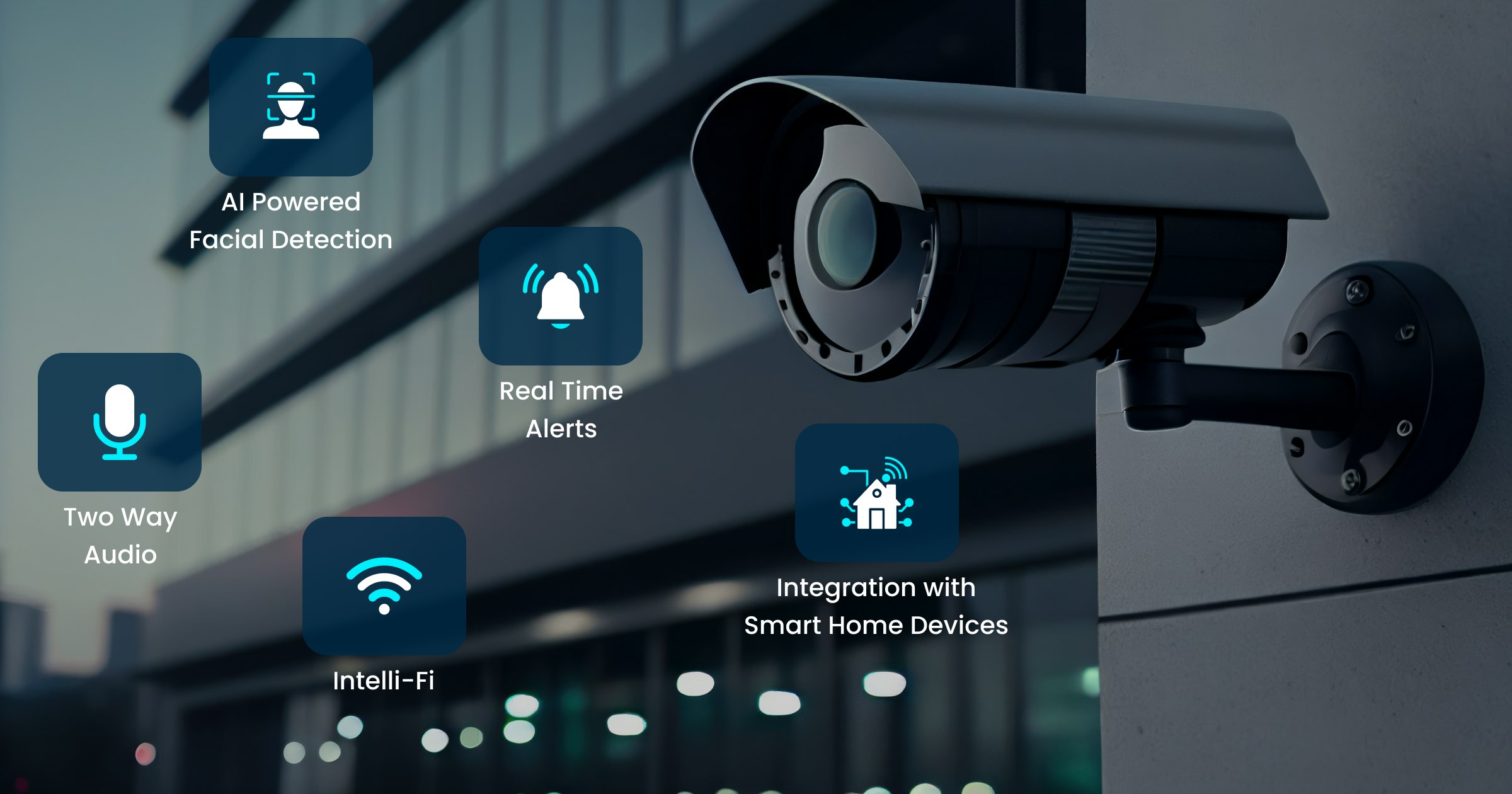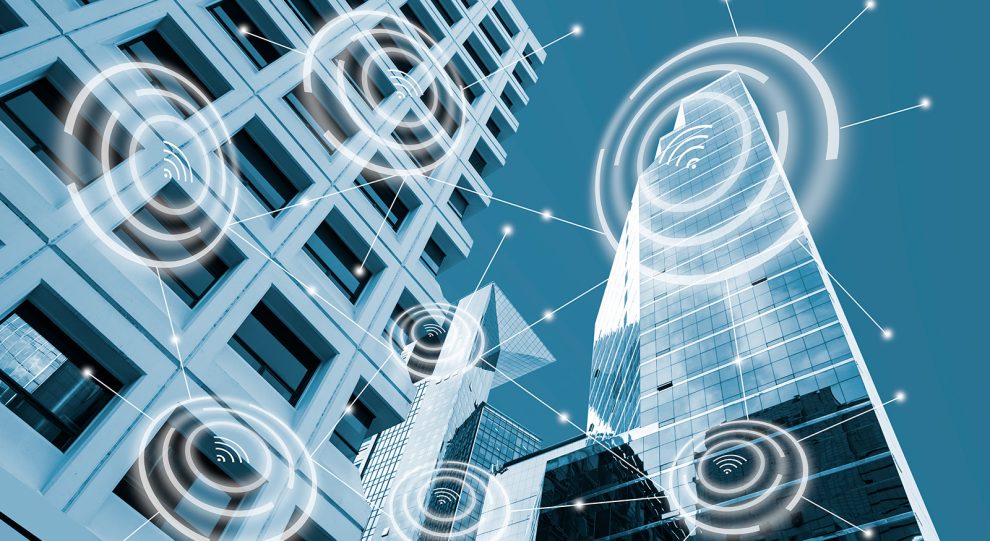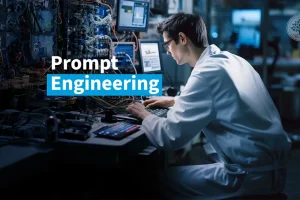Imagine a city that anticipates your needs, adapts to your rhythm, and thrives on its own intelligence. This vision, once relegated to science fiction, is rapidly becoming reality thanks to the magic of Artificial Intelligence (AI). Smart cities, fueled by AI, are transforming how we live, work, and interact with our urban environments. Let’s delve into some key areas where AI is redefining what it means to be a city:
Security and Safety:

Predictive policing:
AI analyzes crime data to identify high-risk areas and prevent crime before it happens. Imagine algorithms pinpointing potential trouble spots based on past incidents and deploying resources proactively to deter criminal activity. Instead of just reacting to crimes, law enforcement can take a predictive approach to reducing crime in smart cities.
Smart surveillance:
AI-powered cameras can detect suspicious activity, recognize individuals, and track movements, enhancing security without compromising privacy. Think intelligent systems automatically zooming in on unattended packages or unusual behavior patterns and flagging threats before they occur. Surveillance gets smarter to catch criminals faster.
Traffic management:
AI optimizes traffic flow, reducing congestion and accidents. Algorithms adjust signal timings, suggest alternate routes, and even predict breakdowns, ultimately making city streets safer for everyone. Drivers benefit from smoother traffic patterns and centralized control of smart transportation systems.
Energy and Utilities:

Smart grids:
AI manages energy consumption on a network level, balancing supply and demand in real-time. This translates to reduced energy waste, lower costs, and a more sustainable grid. Imagine buildings adjusting temperatures and appliances based on real-time energy availability to minimize consumption during peak periods. Smart power management for the win!
Predictive maintenance:
AI analyzes utility data to predict equipment failures before they occur, preventing costly outages and disruptions. Imagine sensors detecting potential issues in power lines or water pipes, allowing for proactive maintenance and smoother operations. No surprises or firefighting required – just optimized stability.
Renewable energy integration:
AI optimizes the integration of renewable energy sources like solar and wind power into the grid, maximizing their contribution to clean energy production. Imagine algorithms predicting wind patterns and solar radiation to efficiently switch between sources and ensure constant power supply. Clean energy gets a boost from predictive intelligence to enhance sustainability.
Urban Planning and Infrastructure:
Traffic forecasting:
AI models predict future traffic patterns, allowing cities to plan infrastructure projects and public transportation routes effectively. Imagine urban planners having accurate simulations of traffic flow under different scenarios to guide their decisions. Insights into future trends allow for smarter designs today.
Noise pollution control:
AI monitors noise levels and identifies sources of excessive noise, enabling targeted enforcement and noise reduction strategies. Imagine smart sensors pinpointing honking vehicles or loud construction sites, allowing for targeted interventions. Bring on the peace and quiet with optimized noise control!
Disaster preparedness:
AI analyzes weather data and other risk factors to predict and prepare for natural disasters, minimizing damage and loss of life. Imagine algorithms providing early warnings and coordinating emergency response efforts based on real-time data. Increased resilience in the face of nature’s unpredictable fury!
Building the Future, Today:
The potential of AI in smart cities is vast and transformative. While challenges regarding data privacy, ethical considerations, and equitable access remain, the potential benefits are undeniable. By embracing AI responsibly and collaboratively, we can build cities that are safer, more efficient, and sustainable, paving the way for a brighter future for all. The vision of utopian urban living enhanced by artificial intelligence may soon become reality if we lay the right foundations today.
















Add Comment